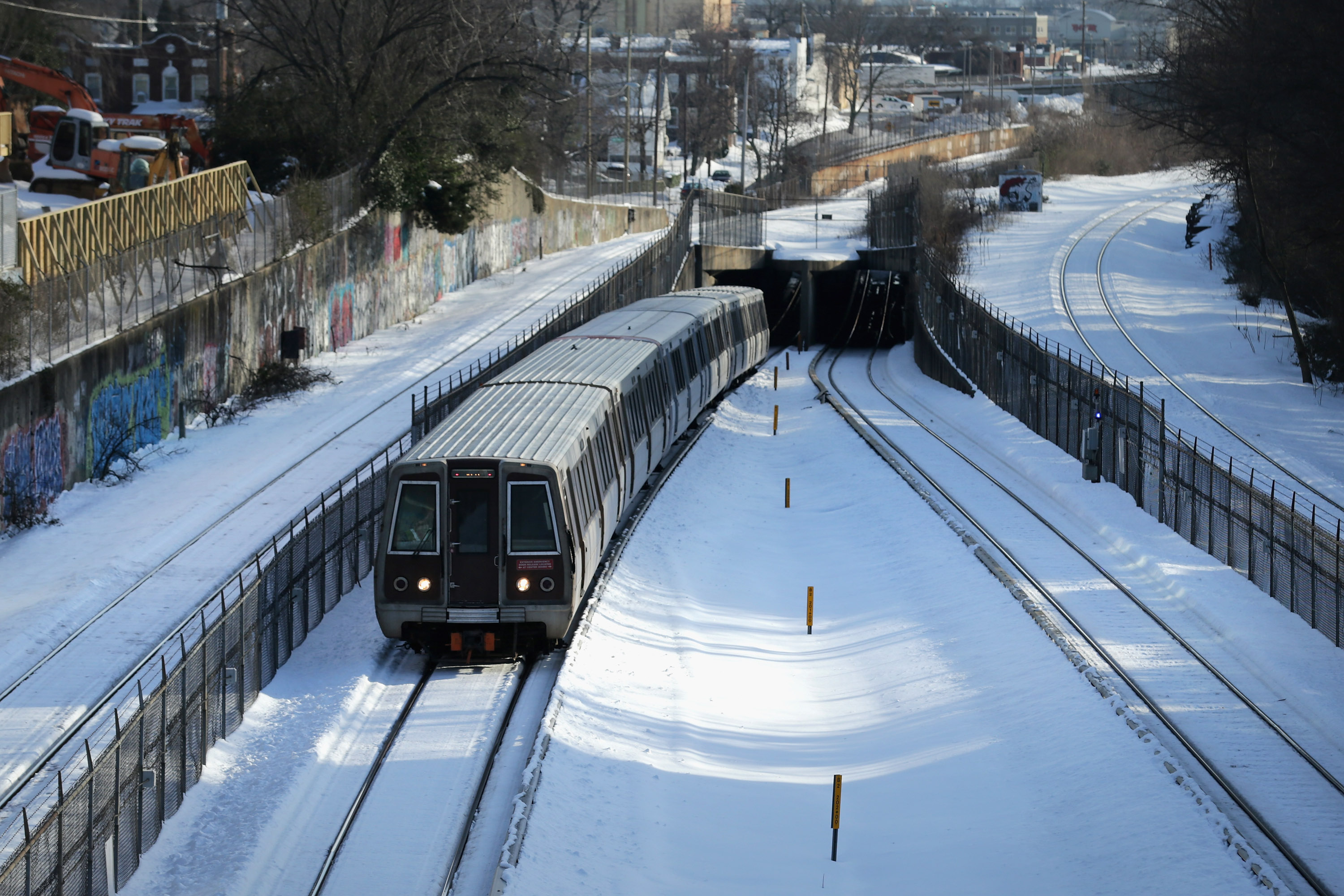WASHINGTON — Metro Transit Police will give officers high-visibility vests and make other changes to help riders feel safer following a recent string of high-profile assaults.
“People again are saying, ‘I’m afraid to ride Metro; I don’t want to go down into these dark stations because I’m scared,’” Metro Board Chairman Jack Evans said.
General Manager Paul Wiedefeld said the agency is reaching out to specific schools with students who’ve been identified as a problem in the Metro system.
“I want to increase the visibility of our officers on the system — both physically, where they stand, where they patrol, but also even just physically what they look like,” Wiedefeld said.
Last month, six Wilson High School students were arrested after an assault at Gallery Place Station was caught on video.
Evans said he and other D.C. Metro Board members met with Mayor Muriel Bowser, Police Chief Cathy Lanier and other city staff about crime in the Metro system.
“We will address it,” Evans said. “We will make sure that people feel safe getting on our system.”
That might include increased D.C. police presence outside of Metro stations or bus stops that have the most problems, and consultations with station managers about ideas for changes.
“If we couple that with what Paul [Wiedefeld] is talking about inside the stations, maybe this deterrent effect will work, and we can nip this in the bud. That’s the hope,” Evans said.
Wiedefeld said Metro is in the final stages of buying bright yellow vests for Metro Transit Police officers to make their presence more known.
Evans likened the increased visibility to the D.C. police department’s move years ago to activate the overhead lights of patrol cars all day long as they move through the city.
While Metro was not prepared to release the likely cost of the vests, Wiedefeld says more employees beyond police officers could eventually be required to wear them.
There’s also more coordination between D.C. police and Metro police, including a D.C. police presence in Metro’s police operations between 2 p.m. and midnight.
Wiedefeld said a number of Metro transit officers have been pulled from revenue responsibilities to add to the number of armed officers patrolling the system.
Wiedefeld said Metro is trying to get not just police officers, but also train operators, into the schools that have been tied to the most significant problems, to explain “behave when you’re down there.”







